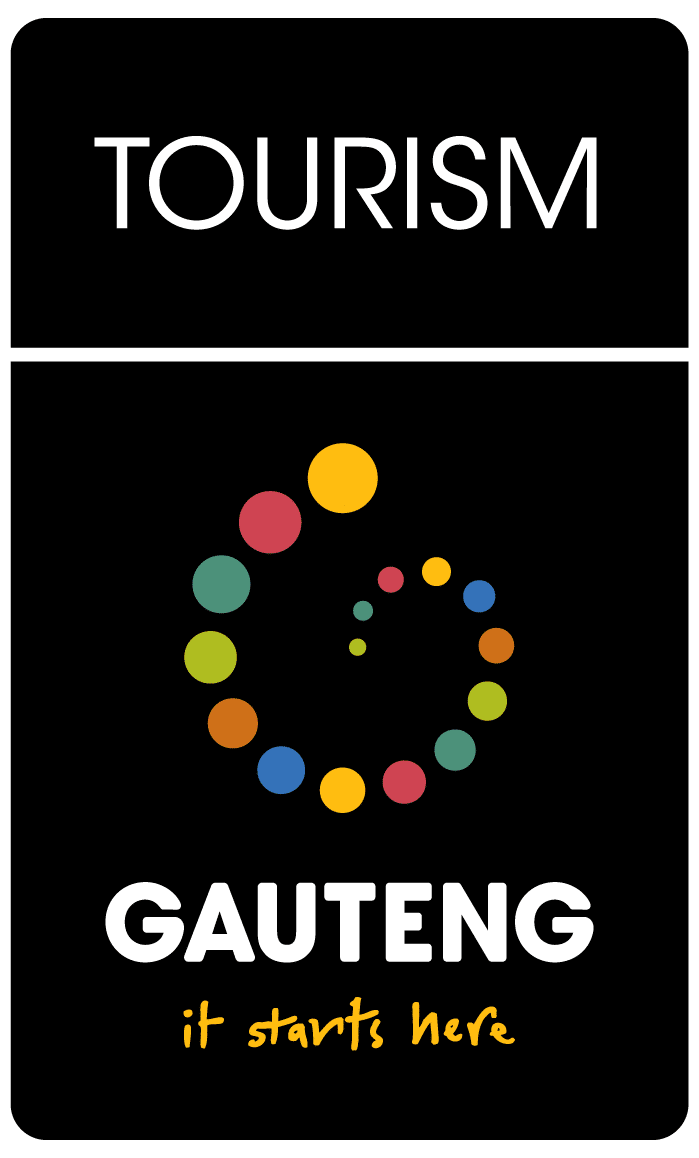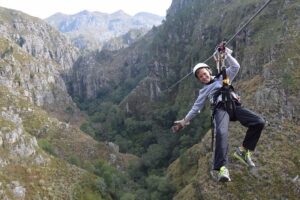The Constitution of the Republic of South Africa (1996)
The Constitution outlines the roles and responsibilities of national, provincial and local government, providing the basis on which these are regulated in all spheres of activity, including tourism.
White Paper on the Development and Promotion of Tourism in South Africa
This White Paper was drafted by the national Department of Environmental Affairs and Tourism and outlines the government’s tourism strategy. The White Paper prioritises the mobilisation of the country’s human and material resources in order to obtain a bigger share of the increasing world tourism pie. The document acknowledges the potential of the tourism industry to create opportunities for emerging and small entrepreneurs, and in so doing, supporting access to greater socioeconomic benefits for the wider population.
Tourism Act (1993)
The Tourism Act promotes tourism to and in South Africa, regulates and rationalises the tourism industry, standardises measures to maintain and enhance facilities and services available to tourists, and coordinates the activities of people and businesses active in the tourism industry.
Tourism Amendment Act (1996)
The Tourism Amendment Act clarifies the relationship between provincial and central government in relation to tourism.
Tourism Second Amendment Act (2000)
The Tourism Second Amendment Act provides for the registration of tourist guides in an attempt to regulate the industry, set standards and develop a code of conduct aimed at improving tourism services in South Africa.
Gauteng Tourism Act
The Gauteng Tourism Act is the main piece of legislation guiding tourism in Gauteng. The Act enabled the establishment of the Gauteng Tourism Authority, outlining its activities and defining its powers and functions in accordance with national policy and legislation. Other aims of the Act are to provide for the promotion and sustainable development of tourism in Gauteng and for the registration of tourist guides, tour operators, couriers, accredited training providers in the tourism industry, hotels, conference centres, restaurants, designated tourist amenities and other accommodation establishments.
Tourism BEE Charter
Launched in May 2005, the Tourism Black Economic Empowerment (BEE) Charter is a commitment by all stakeholders in the sector to ensure tourism in South Africa is more globally competitive and to transform the industry by empowering previously disadvantaged people and communities in the tourism sector. The charter has set timeframes and it is hoped that empowerment targets will be achieved through: ownership, strategic management, employment equity, skills development, preferential procurement, enterprise and social development.
Other legislation
Other legislation pertinent to tourism in Gauteng includes:
- The National Environment Management Act, 107 of 1998
- National Heritage Resources Act, 25 of 1999
- Skills Development Act, 97 of 1998





